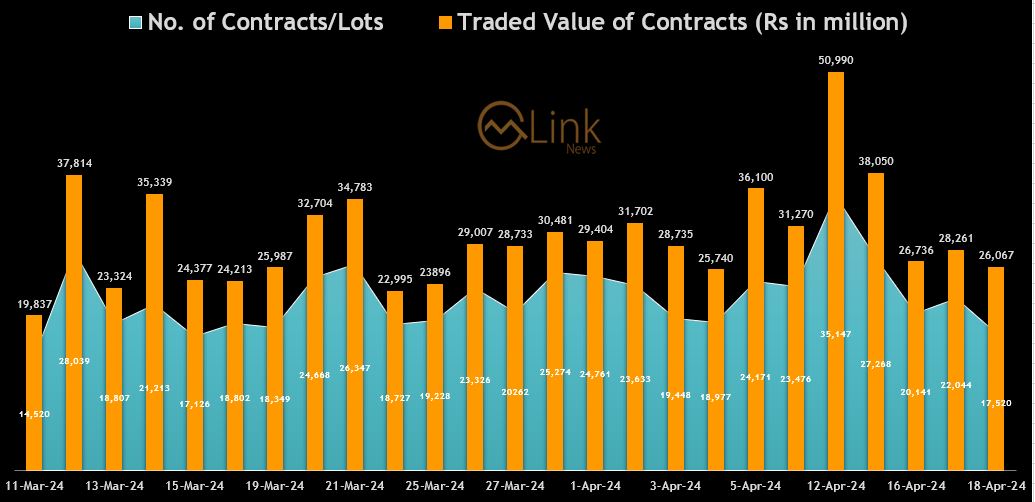Coronavirus cases continue to surge in the U.S., but some financial relief is in sight. Late Wednesday night, the Senate voted 96-0 on a $2 trillion bill aimed at providing emergency assistance to individuals and businesses reeling from the...
Coronavirus cases continue to surge in the U.S., but some financial relief is in sight.
Late Wednesday night, the Senate voted 96-0 on a $2 trillion bill aimed at providing emergency assistance to individuals and businesses reeling from the COVID-19 pandemic. (The four absent senators were self-quarantining because of — you guessed it — the coronavirus.) The House of Representatives is expected to pass the 880-page bill on Friday and send it to President Trump to sign into law.
Here’s what will happen if the bill passes, as is expected.
1. Most Adults in the U.S. Will Get Stimulus Checks
The bill would deliver a one-time stimulus payment of $1,200 for single tax filers with an adjusted gross income of $75,000 or less, and $2,400 for married couples with incomes of $150,000 or less who file a joint tax return.
Households with children 16 or younger would receive an additional $500 per child.
Eligibility will be determined by your 2019 tax return if you’ve already filed it or your 2018 return if you haven’t.
2. Unemployment Benefits Will Increase Significantly
The bill will provide a huge expansion of unemployment benefits for people who have lost their jobs for reasons related to coronavirus. This includes tens of thousands of hospitality workers, as restaurants and bars close their doors as cities try to contain the spread. Employees across many other sectors may be out of a job as the pandemic takes a toll across the entire economy.
Workers will receive up to $600 a week of additional unemployment benefits on top of their state benefits for 13 weeks if their company closed or laid off employees due to the virus, or if they can’t work because they became ill with the virus. People who can’t work because they are unable to find child care would also qualify for benefits.
One notable feature of the expansion is that it will apply to gig workers, freelancers and independent contractors.
3. Small Businesses Will Have Access to a $350 Billion Loan Package
Businesses with 500 or fewer employees, including self-employed people and independent contractors, will be able to apply for loans as part of a $350 billion package to help struggling small businesses. The loans could be used for payroll or other expenses.
Business owners will be able to apply for loan forgiveness, though the amount they could have forgiven would depend on how many workers they retain or rehire.
4. It Will Get Easier to Use Your Retirement Funds
The bill makes it easier to withdraw your retirement funds if you need them because you became sick with coronavirus or experienced financial hardship as the result of the pandemic.
Here’s all of our coverage of the coronavirus outbreak, which we will be updating every day.
The usual 10% penalty on early withdrawals will be waived. You’ll also be able to spread income taxes you owe on any withdrawals you take over three years. The bill doubles the amount you can borrow from your 401(k) to $100,000 and offers greater flexibility for paying back the loan.
The bill also waives required minimum distributions, which are withdrawals you have to start taking from most retirement accounts at age 72 (previously 70 ½), for 2020. The measure is meant to give retirees more time to allow their investments to rebound.
Robin Hartill is a senior editor at The Penny Hoarder and the voice behind the Dear Penny personal finance advice column.
This was originally published on The Penny Hoarder, which helps millions of readers worldwide earn and save money by sharing unique job opportunities, personal stories, freebies and more. The Inc. 5000 ranked The Penny Hoarder as the fastest-growing private media company in the U.S. in 2017.












